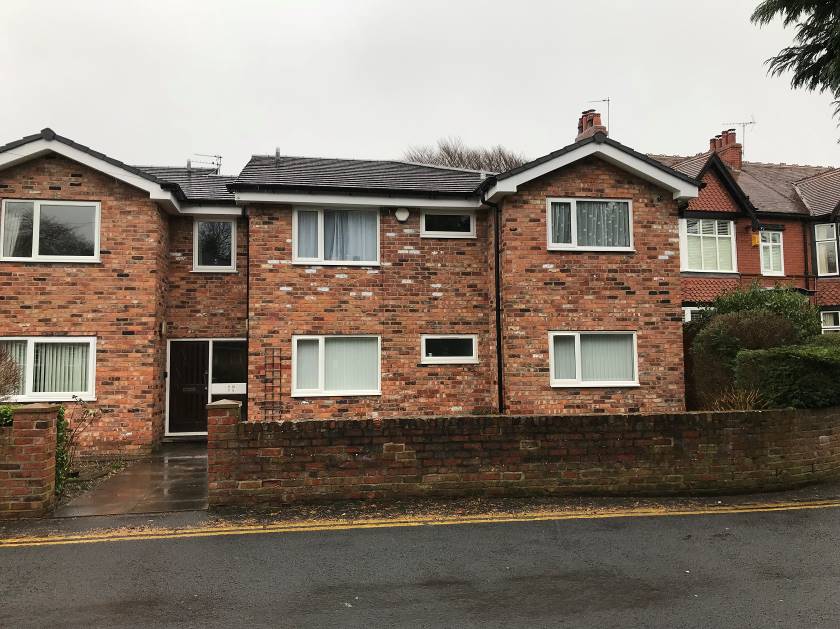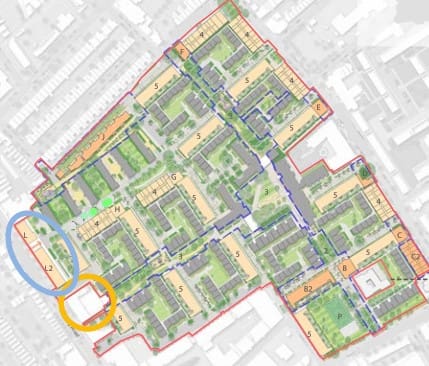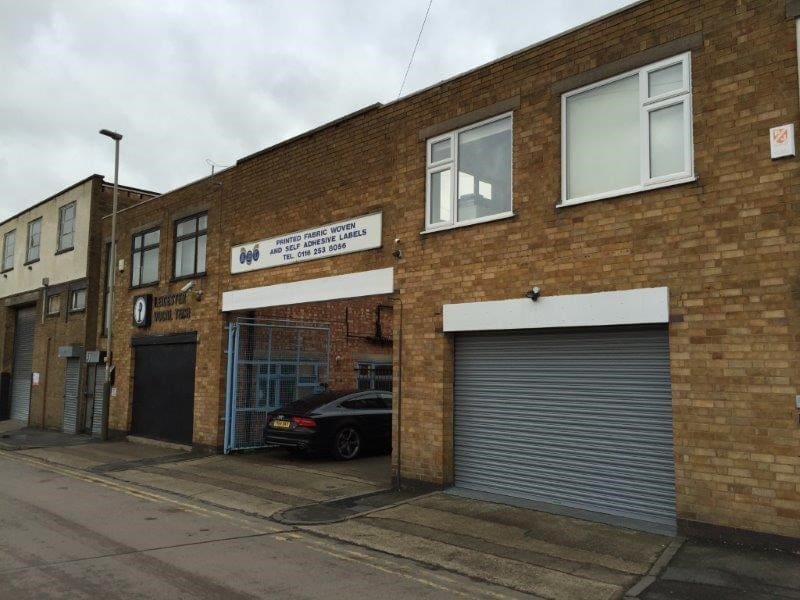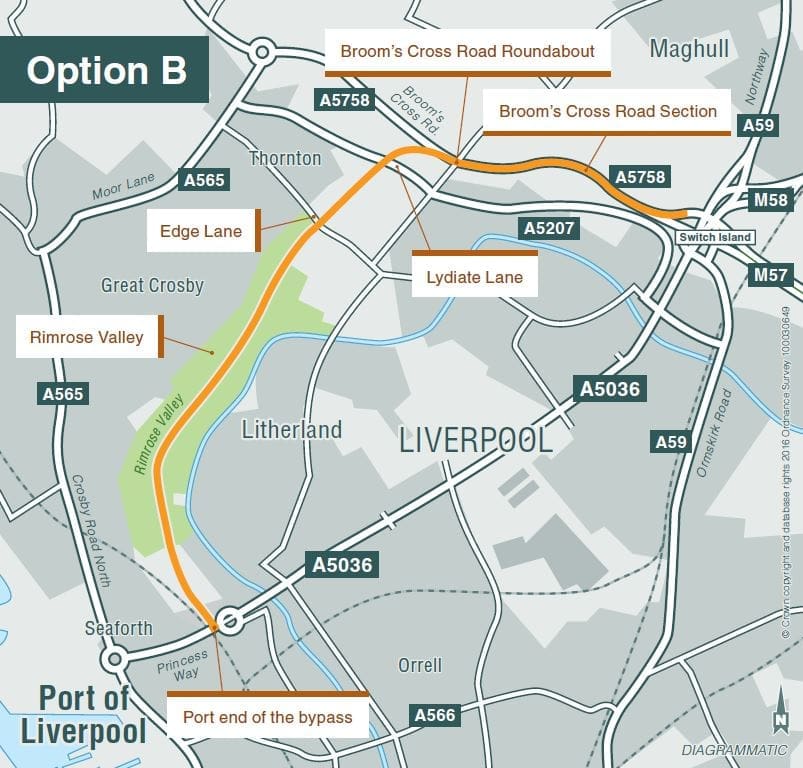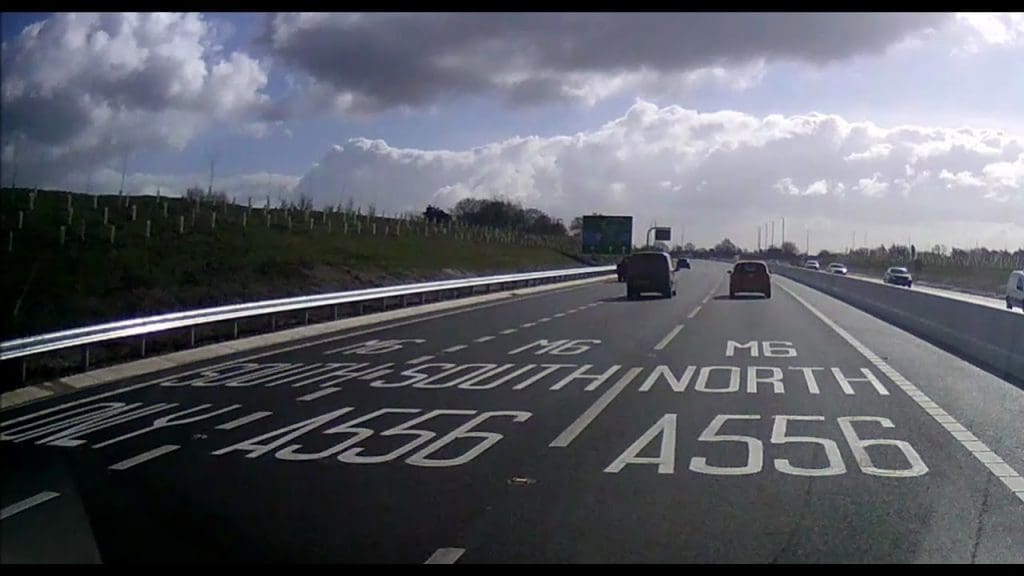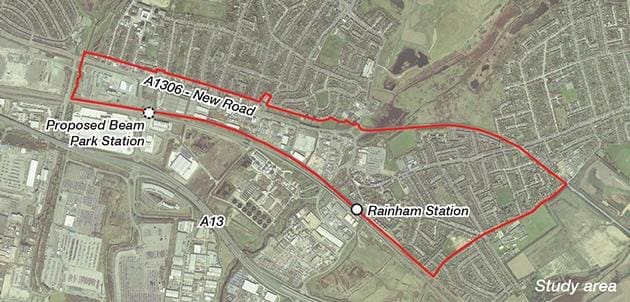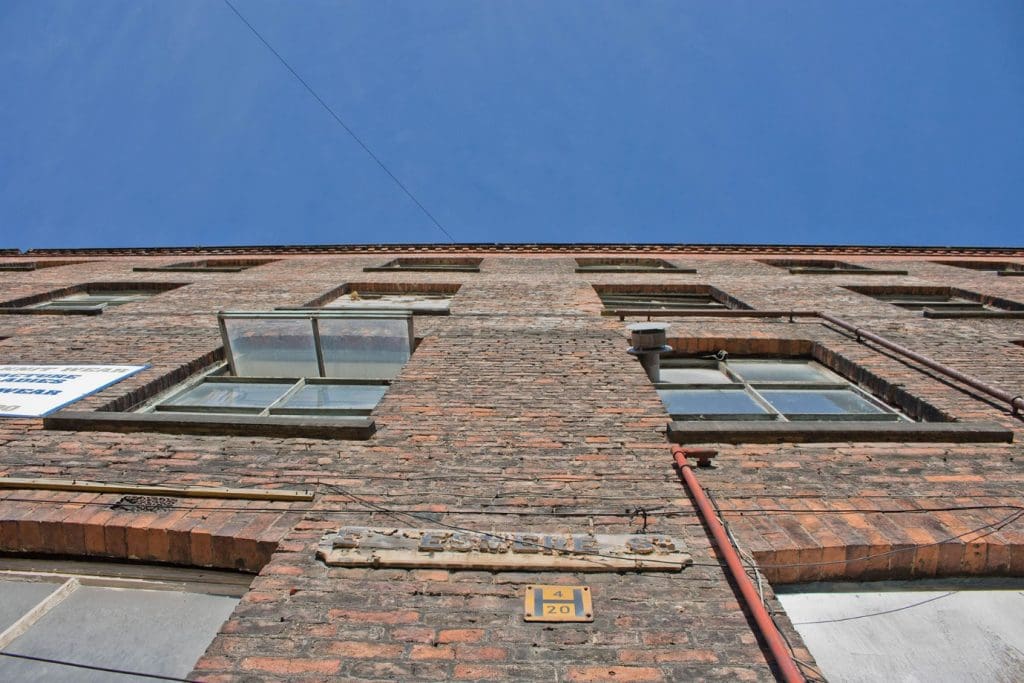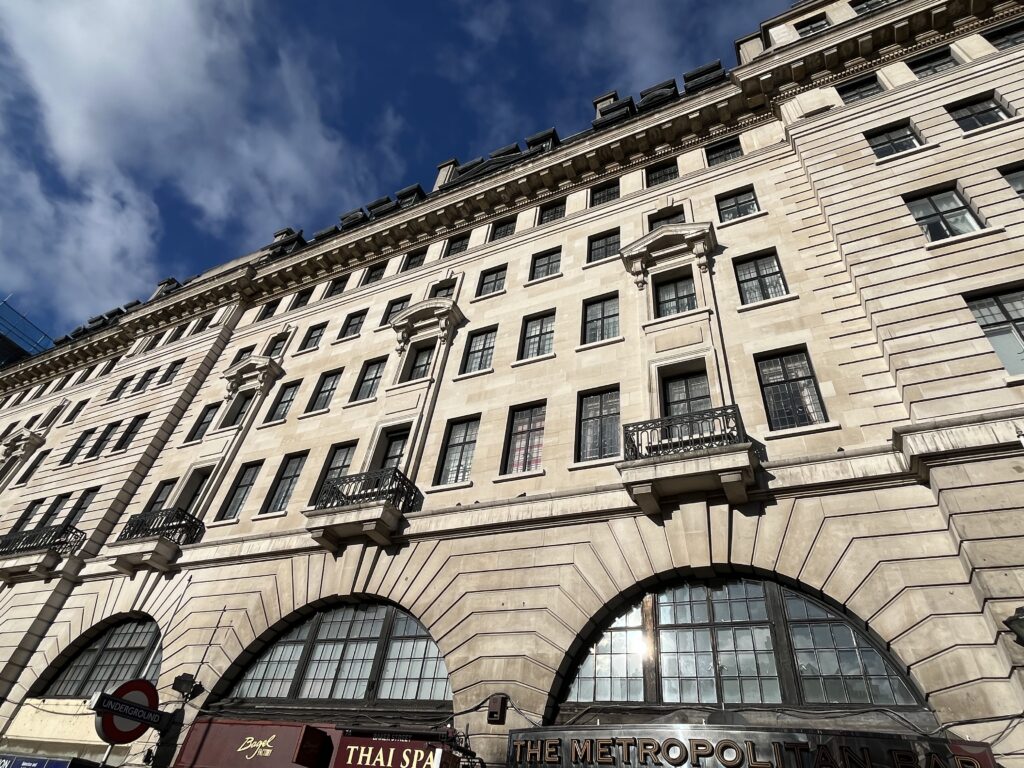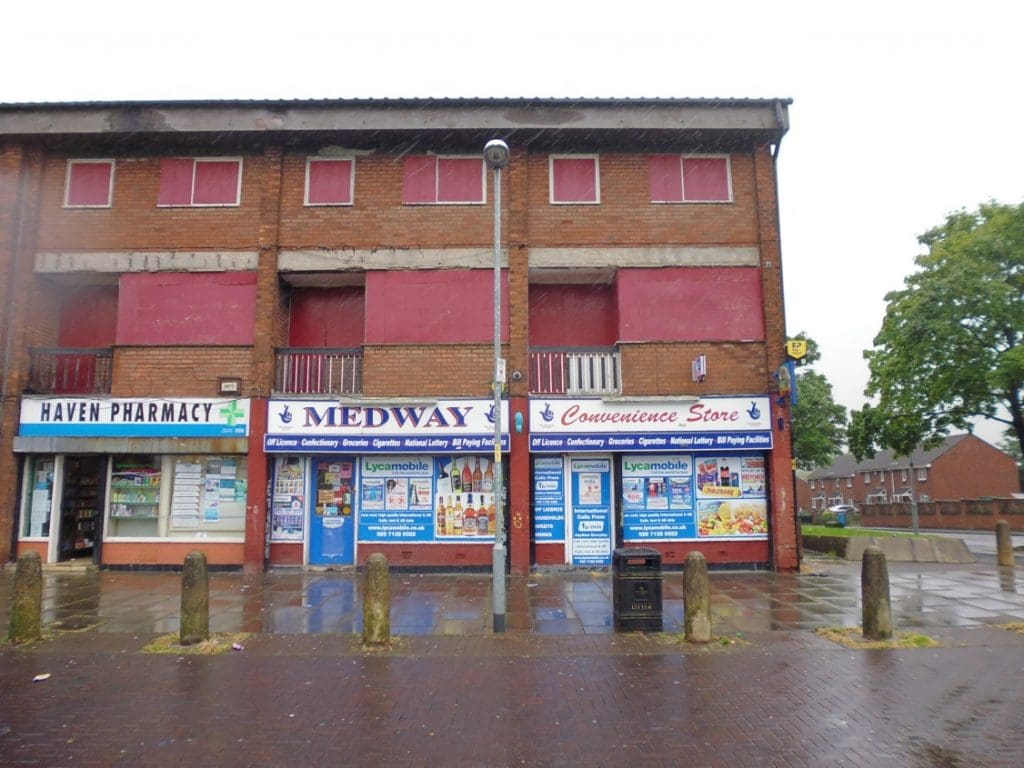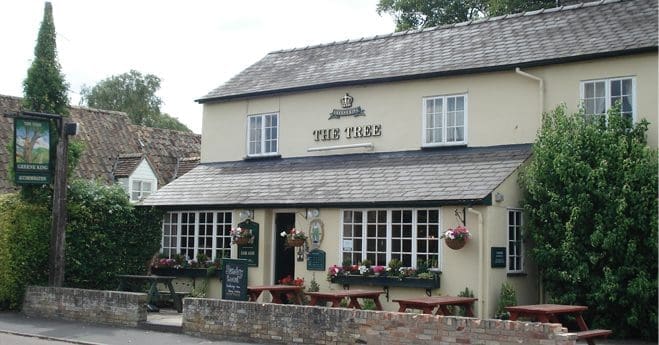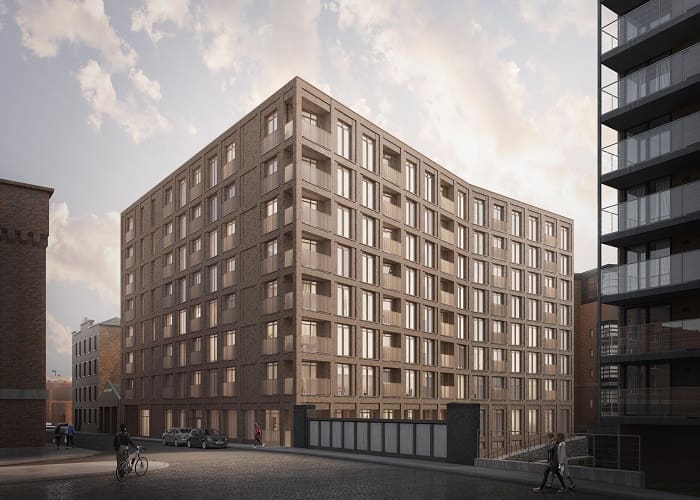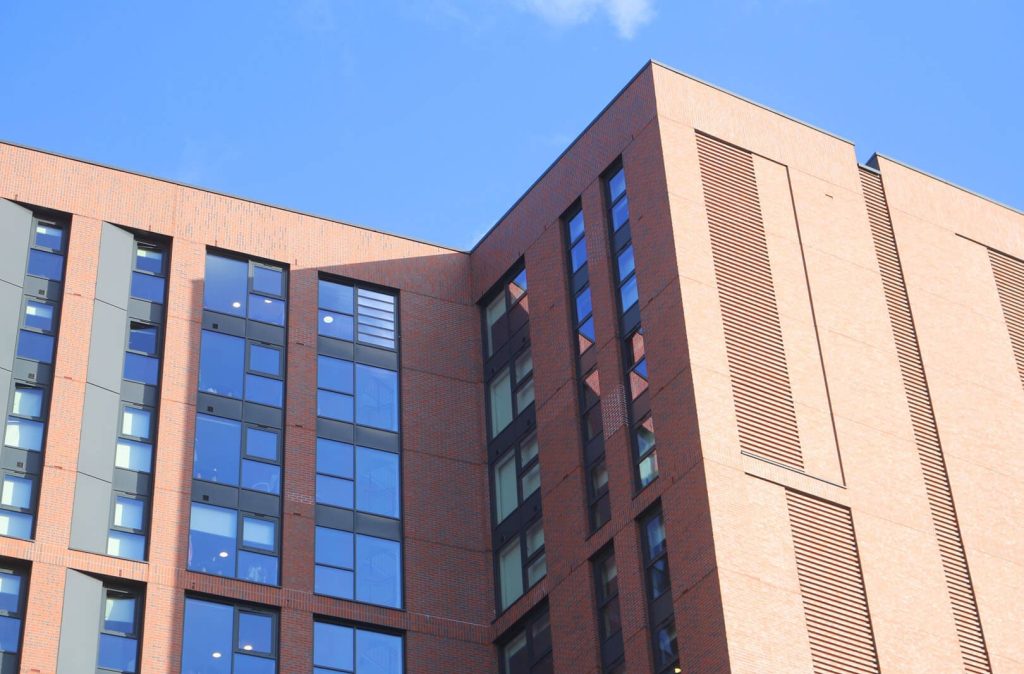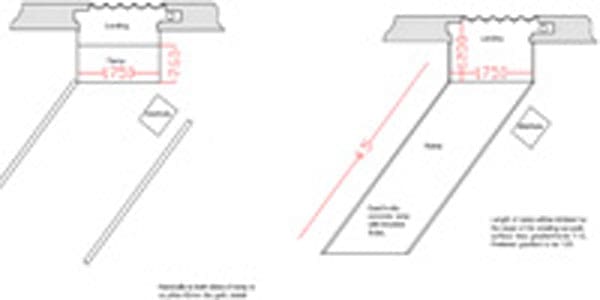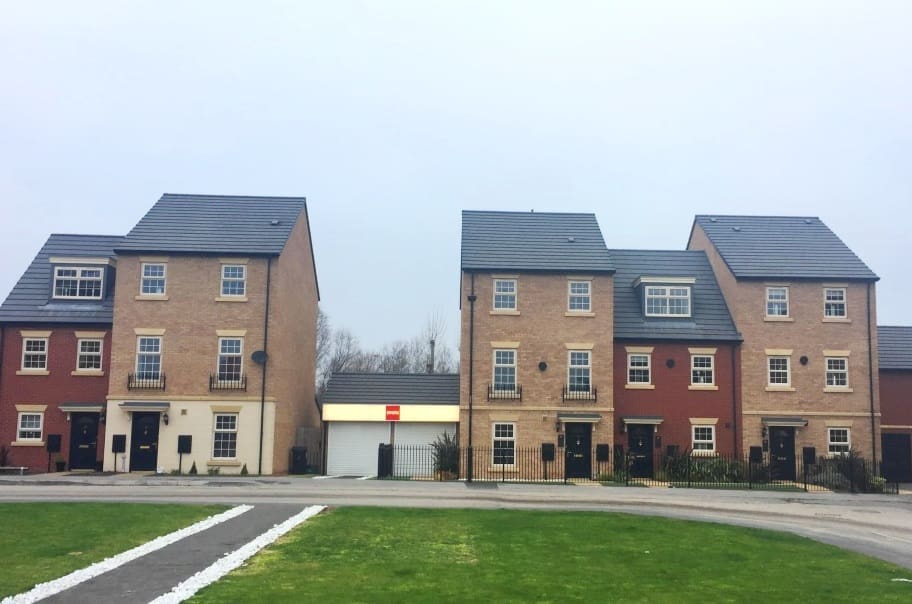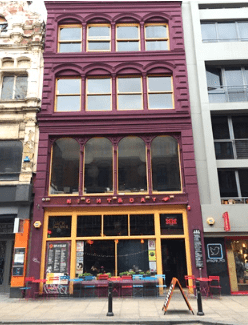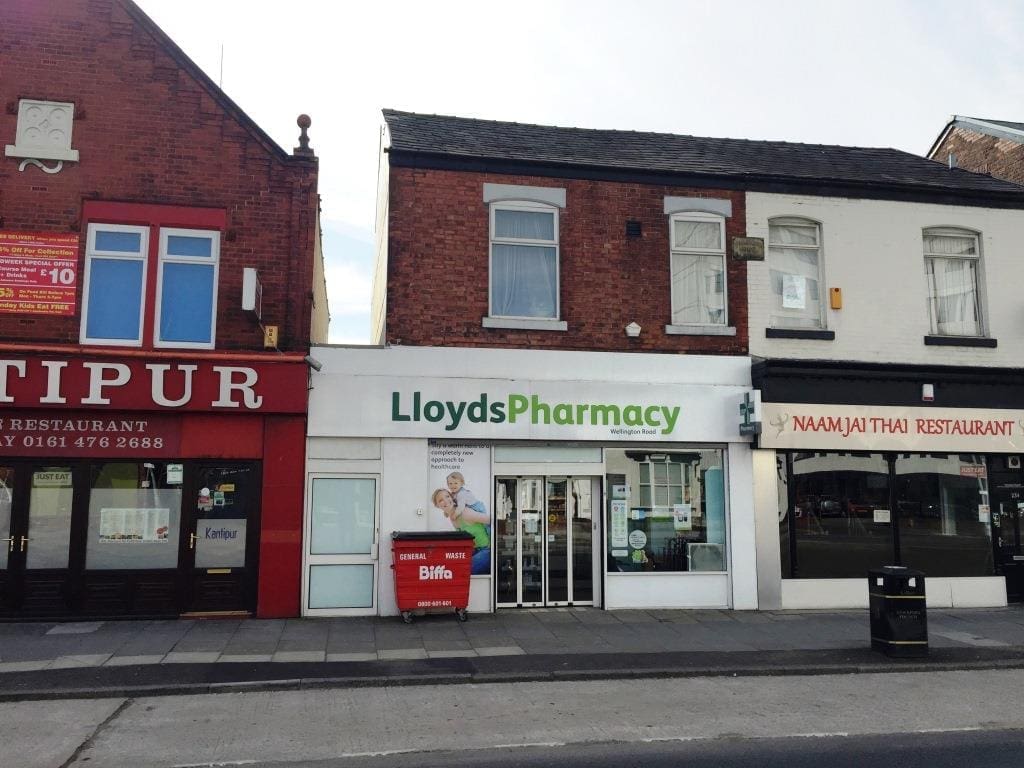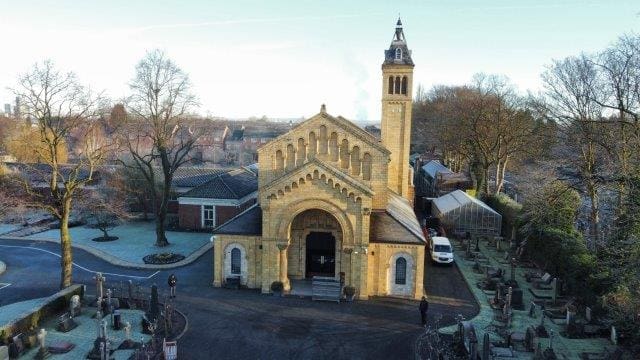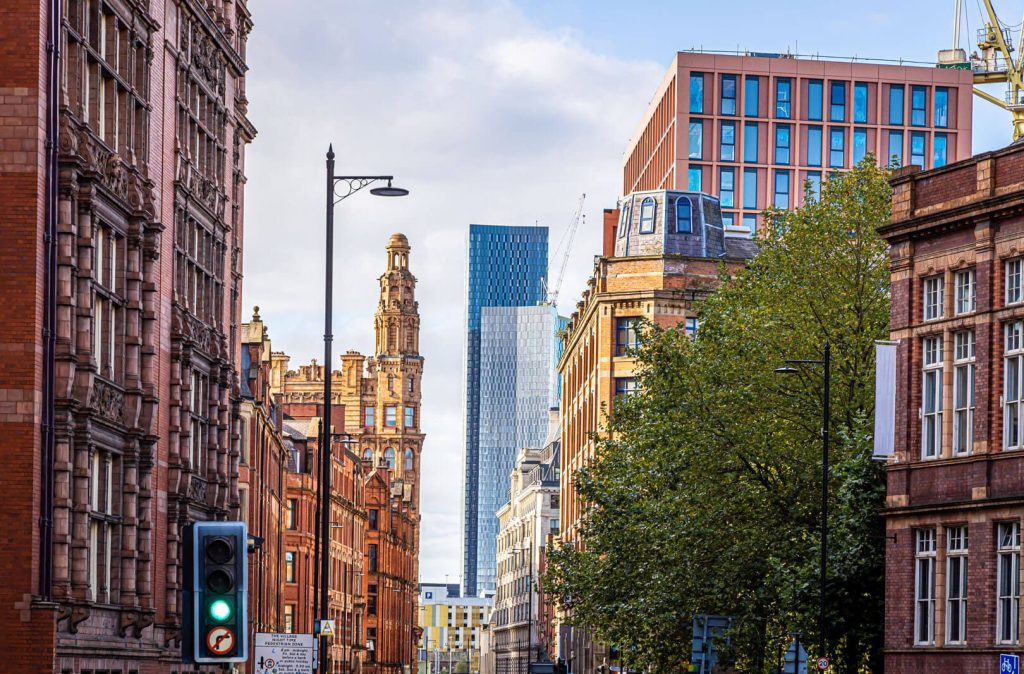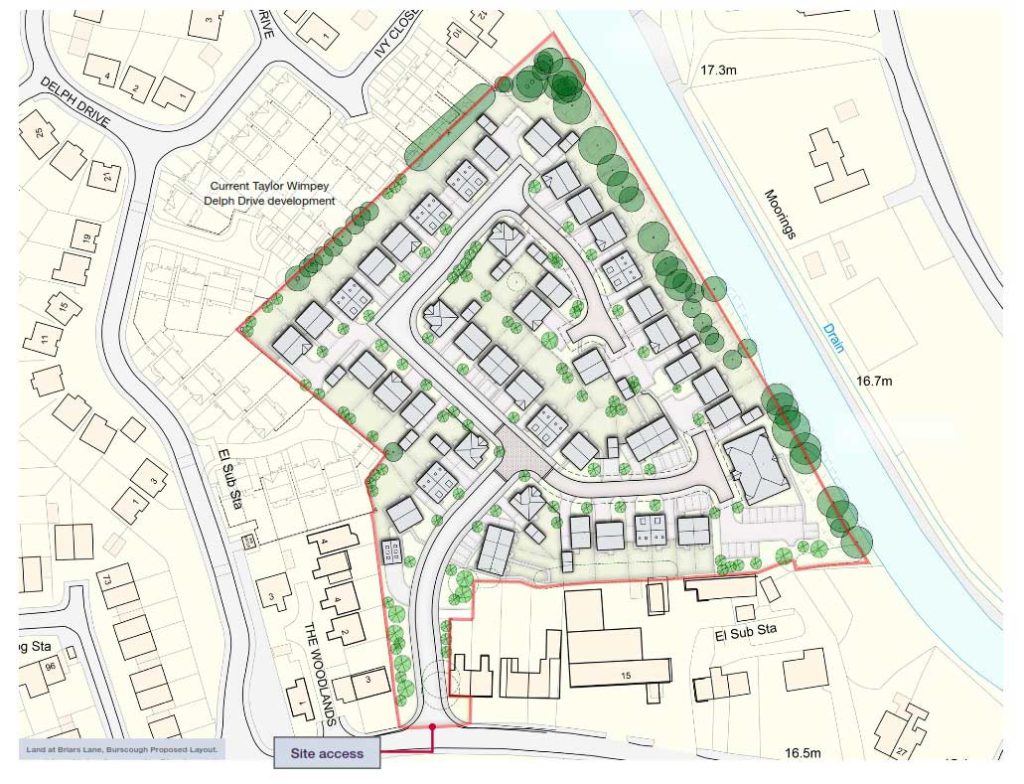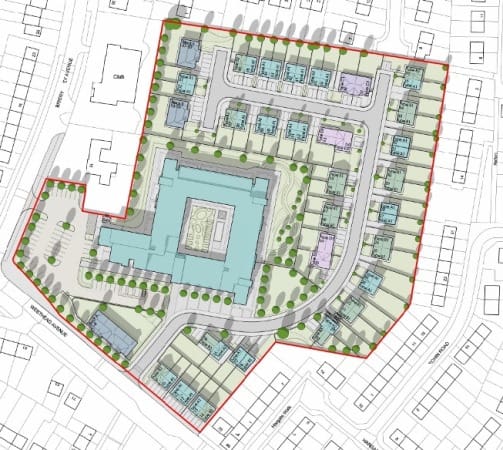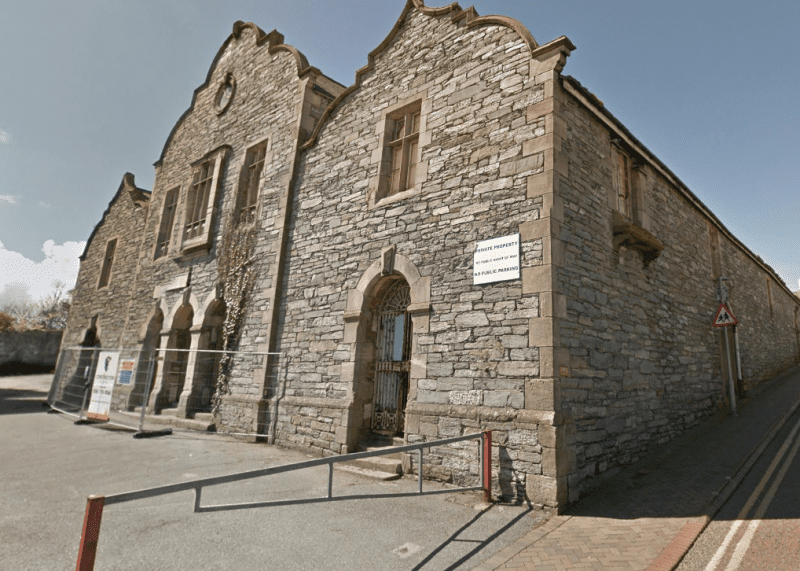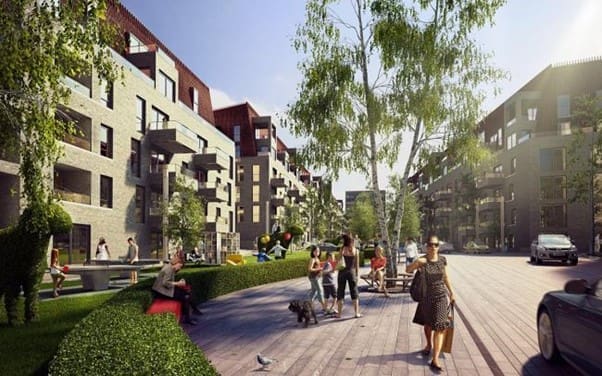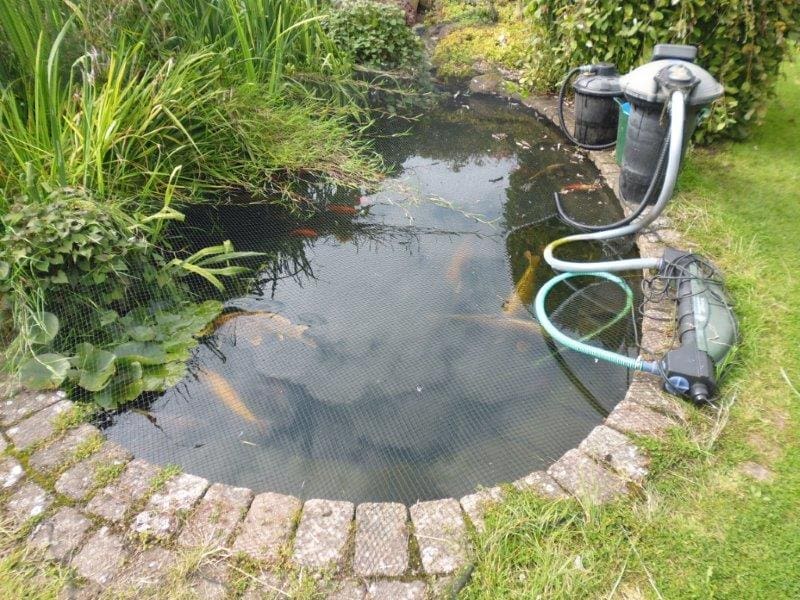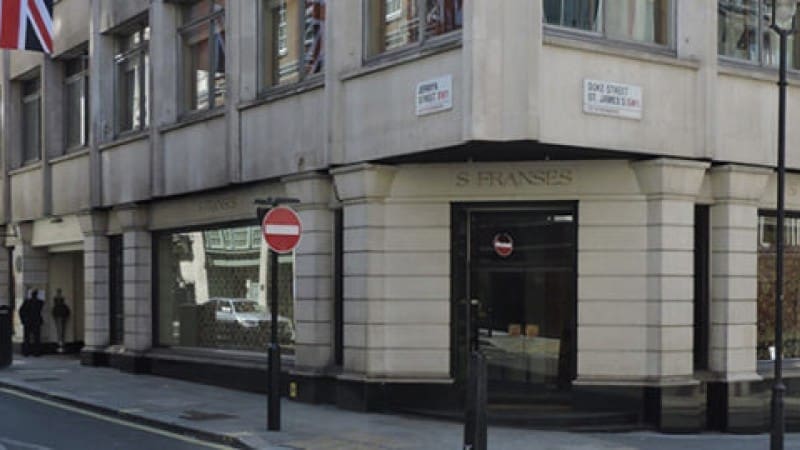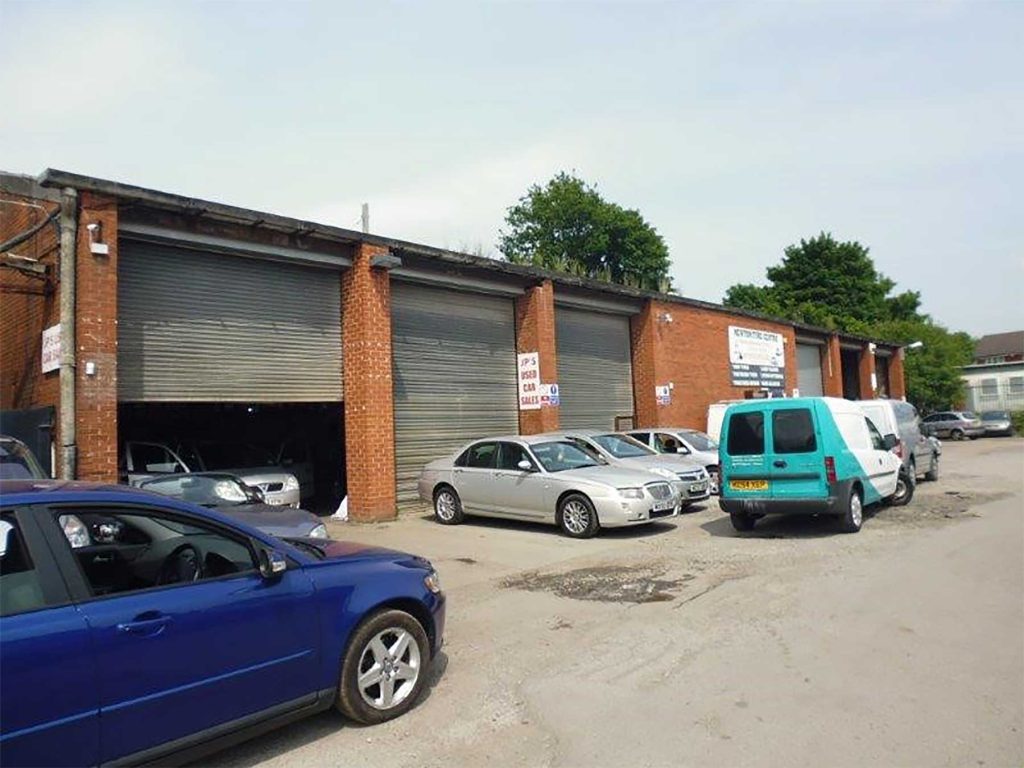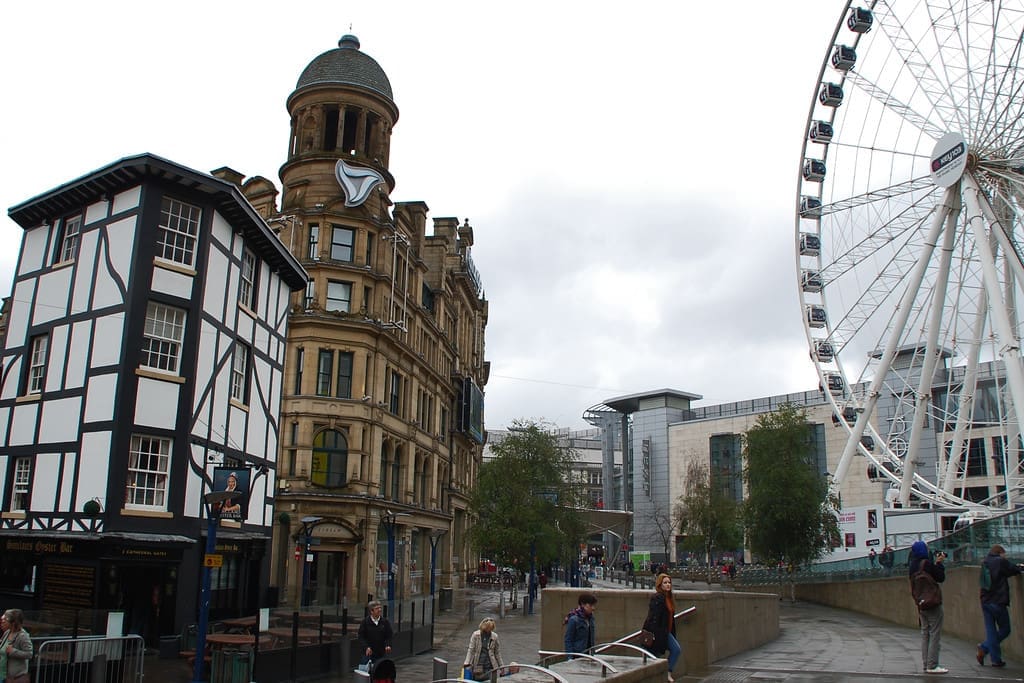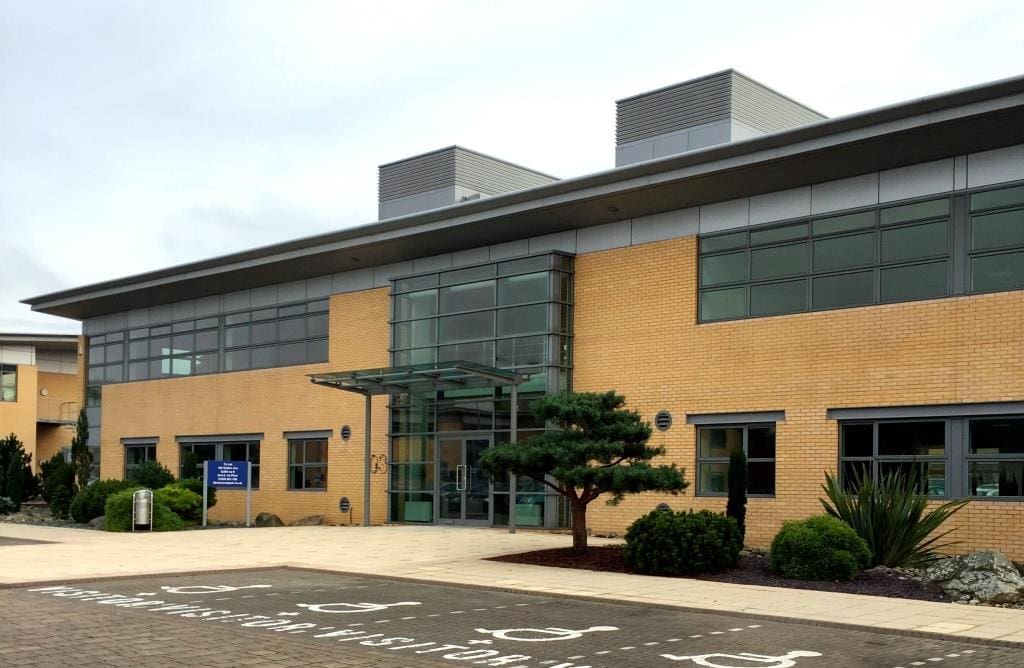Business Rates
Greater Manchester Police Station
Share this article
Acting on behalf of a developer client who acquired the premises as a residential development site, we successfully appealed the assessment reducing this from a rateable value in excess of £50,000 to £0 resulting in a substantial savings to our client of circa £100,000.
For further informaiton, please contact our Business Rates Team.
Case Studies
£1,195,000 – Small Industrial Park
These brief details outline a recent case study whereby we were instructed to identify Capital Allowances on behalf of a…
Find out more
£1.6m – Special Education Needs School
These brief details outline a recent case study whereby we were instructed to identify Capital Allowances on behalf of a…
Find out more
£2.25m Industrial Shed
These brief details outline a recent case study whereby we were instructed to identify Capital Allowances on behalf of an…
Find out more
£2.7m Industrial Unit and Offices
These brief details outline a recent case study whereby we were instructed to identify Capital Allowances on behalf of an…
Find out more
£255K identified at a (historic) New Build Office Park
Our client instructed Roger Hannah to identify the level of Capital Allowances available to him on site that he built…
Find out more
£277k Industrial Unit
These brief details outline a recent case study whereby we were instructed to identify Capital Allowances on behalf of an…
Find out more
£5.3 Million Retail Property Portfolio
These brief details outline a recent case study whereby we were instructed to identify Capital Allowances on behalf of a…
Find out more
10NO. SELF-CONTAINED FLATS IN CHEADLE HULME, CHESHIRE
Roger Hannah acted on behalf of a private management company comprising of 10no. self-contained flats in Cheadle Hulme, Cheshire. We…
Find out more
15 Greek Street, Stockport Flat conversion scheme
Roger Hannah were appointed on behalf of the owner of the above property to convert an existing self-contained flat into…
Find out more
20 Greek Street, Stockport – Flat conversion change of use
Roger Hannah & Company Limited were instructed on behalf of the owner of the above property to prepare a change…
Find out more
25 Greek Street, Stockport Project coordination and contract administration.
The appointment involved inspection of the property, preparation of a schedule of dilapidations, and negotiation of the claim to settlement…
Find out more
38 Anglesey Drive, Poynton, Stockport
Roger Hannah & Co was appointed to provide Development Project Monitoring for a prestigious three storey six bedroom new build…
Find out more
38 Walton Road, East Molesey, Surrey (January 2014) Economic Viability Assessment
Instructed by the purchaser of a former retail unit and upper maisonette in East Molesey, we provided an Economic Viability…
Find out more
464 Bury Old Road, Prestwich
Our Client was served with a Planning Contravention Notice by Bury Metropolitan Council which related to three external storage containers…
Find out more
464 Palatine Road, Northenden, Manchester
Roger Hannah appointed to prepare a mutually agreeable schedule of condition for engrossment into a new commercial lease of an…
Find out more
79 Wellington Road South, Stockport – Contract Administration and CDM
Conversion of 1st floor office accommodation into 3 no. self-contained flats. Our role as Designer and Contract Administrator included: · Advising on…
Find out more
A £0.00 VALUE FOR UNECONOMIC WORKS OF REPAIR
The Upper Tribunal (Lands Chamber) has determined a property in Tunbridge Wells, which forms part of a redevelopment site, should…
Find out more
A Day in the Life of a Compulsory Purchase Surveyor
Have you ever wondered what it is like to be a Compulsory Purchase Surveyor? Compulsory Purchase is a mystery to…
Find out more
A Million Reasons why Age Matters!
Roger Hannah represented the interests of Inshade Limited, a business that trades in all forms of thermal clothing. The Company…
Find out more
A5036 Port of Liverpool Access
The Port of Liverpool is the busiest port in the North West of England and with the new deep-sea container…
Find out more
A556 Knutsford to Bowden Improvement Scheme
Following approval granted by way of a Development Consent Order (DCO) in 2014, the new A556 link road officially opened…
Find out more
ACQUIRED Keyline, 10-20 Chorley Road, Blackpool
We have identified and acquired this trade-counter investment in the well established trade-counter destination to the North of Blackpool Town…
Find out more
Affordable Housing Reduced to Zero
Roger Hannah working in conjunction with Seddon Homes and Hourigan Connolly, have been successful in negotiating a reduction of affordable…
Find out more
Albany Trading Estate, Chorlton
Circumstances prior to our instruction. Small Trading Estate 16 units let to Local Authority and sub-let Lease to Local Authority…
Find out more
Albany Trading Estate, Chorlton – Planned preventative maintenance works (PPM).
Roger Hannah were instructed by the owners of the Estate to prepare a 5 year planned preventative maintenance programme for…
Find out more
Appointed to advise owner occupiers affected by Rainham & Beam Park development.
Roger Hannah has been appointed to provide valuation and compulsory purchase advice to a business which has premises situated in…
Find out more
AUCTION SALE ACHIEVES 22%+ MORE THAN PRIVATE TREATY SALE
Roger Hannah & Co were instructed to dispose of a 3 bed semi-detached house in Whitefield, nr Manchester. The property…
Find out more
Big Shed Big Rent Big Increase
Acting on behalf of a North West Property Investment Company, our Lease Advisory Team have recently agreed a number of…
Find out more
Birmingham City Council CPO Defeated
Acting on behalf of residential owners of No 139 Grange Road, Erdington; Roger Hannah have successfully objected to the Birmingham…
Find out more
BUILDING SURVEYS
When considering either purchasing or leasing a property, a detailed understanding of the current condition and any future maintenance and…
Find out more
Business Disturbance Claim of an Industrial Premises in Ashton Under Lyne
Roger Hannah & Co were instructed by Tameside Metropolitan Borough Council to negotiate an outstanding Business Disturbance claim made by…
Find out more
Capital & Centric – Talbot Mill, Ellesmere Street, Manchester
Capital & Centric have big plans for one of the last remaining Manchester Mills but until the development work commences…
Find out more
Capital Allowances Identified on Dental Practice
71.2% of the Purchase Price identified as Capital Allowances. Based on the findings of our site visit and using other…
Find out more
Chiltern Court PPM
Case Study: Chiltern Court Client Type: Property Owner / Investor Location: London Sector: Residential Project: Acting on behalf of the…
Find out more
Clear Channel Portfolio Valuation
Roger Hannah and Co have recently completed a valuation of Clear Channel UK Limited’s portfolio of freehold and leasehold stock comprising…
Find out more
Cobcroft Medical Centre, Huddersfield
Roger Hannah & Co was appointed on behalf of… A Leading Healthcare Provider Cobcroft Medical Centre, Huddersfield Following on from…
Find out more
Cold Food = Hot Property
Roger Hannah & Co scores success in the South Yorkshire Warehouse and Distribution Sector: Acting on behalf of a Private…
Find out more
Completed CPO Negotiations at Medway Walk, Miles Platting, Manchester.
Roger Hannah has recently completed negotiations on behalf of a number of property owners affected by the long running Miles…
Find out more
Compulsory Acquisition of an Asset of Community Value (ACV)
Roger Hannah has recently advised South Cambridgeshire District Council on a property held as an Asset of Community Value (ACV)…
Find out more
CONDITION IMPROVEMENT FUND (CIF)
What is the Condition Improvement Fund (CIF) Process? The Condition Improvement Fund (CIF) is an annual bidding round for eligible…
Find out more
Crumpsall & Cheetham Hill Library Sold for over £500,000
This prominent grade II listed landmark building was sold in the February Auction, on behalf of private owners to a…
Find out more
Defective Construction Works and Property Valuation
Simon Cook of Roger Hannah & Co was asked to act as an expert for insurers representing a major construction…
Find out more
Dilapidations settlement successfully negotiated for Audio T
Roger Hannah & Co were appointed by Audio T in September 2012 to defend a Terminal Dilapidations claim in excess…
Find out more
Dilapidations-acting for Tenant
Roger Hannah & Co was appointed by Clear Channel UK Limited to act on their behalf and to defend a…
Find out more
Dinting, Glossop Site Achieves Planning with Zero Affordable Housing
Roger Hannah & Co, acting on behalf of a developer client, has been successful in negotiating a zero affordable housing…
Find out more
Ellard House, Floats Road, Roundthorne Industrial Estate
Project Description Ellard House, Floats Road, Roundthorne Industrial Estate Further to a previous role acting as Employers Agent and Client…
Find out more
Employers Agent Case Study – April 2013
Roger Hannah & Co Instructing on behalf of Marnshaw Limited, Roger Harrison CEO of Ensor Holdings Plc instructed Roger Hannah…
Find out more
Employment Land Release Success in Hyde
Roger Hannah & Co have been successful in preparing an employment land release and viability report of Newton Business Park…
Find out more
Ergon House, Business Rates Assessment Reduction
Acting on behalf of Liquidators of the former tenant, Roger Hannah & Co have agreed a significant reduction in the…
Find out more
Eric Moore Medical Centre, Warrington
Project description Eric Moore Medical Centre, Warrington Following our involvement in the construction of a new build medical centre in…
Find out more
Eric Moore Partnership Medical Practice
On Friday 16th September 2016 – Neil O’Brien (Director of Building Consultancy) and Steven Whittle (Building Surveyor) Roger Hannah &…
Find out more
Excelsior Mill Sold to Mulbury Homes
Acting on behalf of the Site Owner Roger Hannah is delighted to have sold Excelsior Mill to Mulbury City. The…
Find out more
Expert Witness Report for Salford Land Negligence Dispute
Simon Cook of Roger Hannah & Co was appointed to act as a Single Joint Expert by two practices of…
Find out more
Expert Witness Under Part 35 of the Civil Procedure Rules Over the Disposal of a Multi-let Residential Building
Simon Cook of Roger Hannah & Co was appointed to act as an Expert Witness under Part 35 of the…
Find out more
Expert Witness under the Civil Procedure Rules For Acquisition of a Multi-million Pound Retail Centre
Simon Cook of Roger Hannah & Co was appointed to act as an Expert Witness under the Civil Procedure Rules…
Find out more
Factory Premises, Oldham
This property was recently purchased by a client and we appealed against rateable value on the grounds of a material…
Find out more
For Residential Developers
Unlock development value from your land assets by ensuring you obtain the highest quality of advice. Our transactional and advisory…
Find out more
Former Casino & Nightclub, Southport
The property had been vandalised and was suffering from subsidence/structural defects and had been acquired by a developer. We appealed…
Find out more
Former Industrial Site, Greater Manchester
Working with our client we devised an empty rates mitigation strategy involving temporary occupation of the property resulting in savings…
Find out more
Gorsey Mount Street, Stockport
Roger Hannah & Co was instructed by Pennine Properties Limited to project manage the construction of circa 10,000sq.ft of new…
Find out more
Hammerson’s Victoria Gate Retail Development
Roger Hannah & Co were appointed to represent ATC Properties who owned the long leasehold interest in No 7 –…
Find out more
Hams Hall Distribution Park, Birmingham – Schedule of Condition
Roger Hannah has recently prepared a schedule of condition for our client who was the ingoing tenant at the above…
Find out more
Hempshaw Industrial Estate, Stockport – Repair and Refurbishment works
Roger Hannah & Company Limited were appointed by the owners of Hempshaw Industrial Estate to general repairs and refurbishment works at…
Find out more
HIGH SPEED TWO & STATUTORY BLIGHT NOTICE
Roger Hannah successfully negotiated the disposal of Wheatley House in Marston, Warwickshire to High Speed 2 Limited following the serving…
Find out more
High Street Shop, Didsbury
Acting for the landlords in a lease renewal, we successfully negotiated a 25% increase in the rent whilst securing a…
Find out more
High Street Shop, Shrewsbury
Acting for the landlord and faced with tenant’s refusal to accept the landlord’s right to implement an outstanding rent review…
Find out more
Hilton House, Lord Street, Stockport
Roger Hannah was instructed by the landlord of the above property to implement refurbishment works to the property which included…
Find out more
Houldsworth Mill Birthday Present
Roger Hannah & Company are pleased to report the introduction of a new use to their longstanding flagship regeneration property…
Find out more
Houldsworth Mill, Reddish, Stockport
Before Grade II * Listed building full Low levels of maintenance Poor covenant low grade occupational tenancies Low service charge…
Find out more
HS2 Case Studies
HS2 is currently in the early stages of the CPO process and as such our involvement with the project is…
Find out more
HS2 REVISED PROPOSALS TO DEVELOP THROUGH SHIMMER HOUSING ESTATE
In November 2016, HS2 Limited announced the safeguarding of land required for the delivery of the route of Phase 2B…
Find out more
HS2 Update: Phase 2B
Since the route of Phase 2B was announced in November 2016, our specialist team at Roger Hannah has been acting…
Find out more
Industrial Unit, Trafford Park
Acting for a tenant of an industrial unit whose landlord had served them with a Section 25 Notice terminating their…
Find out more
Lakeside, Cheshire
A modern office block located in a business park location undergoing substantial structural alteration and repair. The rateable value of…
Find out more
Large Industrial complex, Cheshire
On the grounds that the property was incapable of beneficial occupation, we successfully appealed the assessment reducing the Rateable Value…
Find out more
Leigh Medical Centre, Wigan Employers Agent
Roger Hannah & Company Limited were recently involved in the construction new build medical centre in Leigh. Contract value circa…
Find out more
Liverpool One Redevelopment
Roger Hannah represented Clear Channel UK Limited who were affected by Grosvenor’s plans to redevelop Liverpool City Centre in a…
Find out more
Liverpool Paradise Street Redevelopment
Roger Hannah represented Clear Channel UK Limited who owned part of the land that now forms part of the John…
Find out more
Lloyds Pharmacy Lease Restructure Achieves Sale at 6.43% yield.
Roger Hannah were appointed to act for the owners of 236 Wellington Road South, Stockport let to Lloyds Pharmacy. The…
Find out more
Local Shopping Precinct in Warrington
Acting on behalf of a London based property Investment Company Roger Hannah & Co.’s Landlord and Tenant department have between…
Find out more
London Crossrail
Acting for Kroll Ontrack, Roger Hannah & Co, negotiated for the company to leave their 10,000 sq ft of office…
Find out more
London Olympics
Roger Hannah & Co represented Clear Channel UK Limited, the outdoor media company. They leased 6 advertising sites across East…
Find out more
LOSS OF PROFITS – DO NOT GIVE UP!
Roger Hannah represented the interests of Ceramic Tiles Limited one of the leading regional tile importers. Ceramic Tiles Limited is…
Find out more
Manchester Airport 2nd Runway
Acting for Manchester Airport plc and Manchester City Council, Simon Cook, was responsible for the acquisition of all land and…
Find out more
Manchester Crematorium PPM
Case Study: Manchester Crematorium PPM Client Type: Property Owner / Investor Location: Manchester Sector: Commercial Project: Roger Hannah’s Building Consultancy…
Find out more
Manchester High School for Girls (MHSG)
Case Study: Manchester High School for Girls (MHSG) PPM Client Type: Private School / Education Provider Location: Manchester Sector: Education…
Find out more
Markazi Jamia Mosque, Ashton under Lyne
Roger Hannah acted on behalf of a local Ashton Mosque in their compensation claim resulting from the Ashton Town Centre…
Find out more
Mayfield Redevelopment Project – Manchester
Roger Hannah & Co has recently represented an investment owner of premises adjacent to the A57(M) Mancunian Way within Manchester…
Find out more
Mersey Gateway Claim Settled
Roger Hannah & Co was appointed by Gussion Transport Limited to represent their interests in the Mersey Gateway CPO for…
Find out more
Mersey Gateway Compulsory Purchase
As a practice Roger Hannah & Co represent 3 significant land owners and local business’ affected by the Mersey Gateway…
Find out more
Modern Office Investment – Manchester
An uncomplicated capital allowances claim on a self-contained modern office building in Manchester held as an investment by the client…
Find out more
Modern Office Portfolio – Kent
Owned as an investment, we were engaged to undertake a capital allowances excercise on two modern office buildings in Kent…
Find out more
More Business Rates Appeal Success for Roger Hannah
Roger Hannah’s Rating department has been busy over recent months in what looks likely to be a record year of…
Find out more
More Employment Land Release Success
Roger Hannah have been successful in releasing land from employment use at the former Briars Lane Industrial Estate in Burscough…
Find out more
Multi-million pound deal completed at Paddington Basin, London
Roger Hannah & Co has successfully negotiated compensation for the final long leasehold interests of residential flats in Dudley House…
Find out more
Nashe Drive, Stoke-on-Trent – Repair and Refurbishment Works
Roger Hannah & Company Limited are Managing Agents of the above property which comprises a series of ground floor retail…
Find out more
New Development Presses Forward at West Hendon
The redevelopment of the West Hendon Estate has been marred with opposition from the beginning however building work is now…
Find out more
No more of a Mill Stone hanging round the developer’s neck
Acting on behalf of the owners of a large derelict mill building in Manchester, Roger Hannah & Co has successfully…
Find out more
Northamptonshire Residential Site Achieves Planning
Northamptonshire Residential Site Achieves Planning Roger Hannah & Co has been successful in guiding a development opportunity through planning to…
Find out more
Office Building, Salford
We appealed the 2010 rating assessment on the grounds that the rateable value was excessive and successfully achieved a reduction…
Find out more
Overseeing the design and fit out of a purpose built conversion within a Grade II listed building
Project Description SG2 Houldsworth Mill, Reddish, Stockport Roger Hannah and Co were appointed jointly on behalf of the Owners and…
Find out more
Plymouth – 36% Rates Reduction for Sea Front Restaurant.
Acting for the occupier of a sea front restaurant and bar located on Plymouth Hoe we have successfully negotiated a…
Find out more
Public Space Contributions Removed to Bring Forward Scheme
Roger Hannah have recently been involved in ensuring that an Affordable Housing and Extra Care Scheme achieves planning in West…
Find out more
Rainford Industrial Estate, St Helens Planning Permission application
Roger Hannah & Company Limited were appointed on behalf of the owners of Rainford Industrial Estate to obtain planning consent…
Find out more
Rates Reduction at Cafe Bar Media City Manchester
A modern cafe and bar situated in Salford Quays acting on behalf of the operator we successfully negotiated a reduction…
Find out more
Refurbishment of 50,000 sq.ft office at Lakeside, Cheadle
Lakeside House, Lakeside, Cheadle Royal Business Park, Cheadle Roger Hannah & Co Structurally glazed double height extension to reception. Refurbishment…
Find out more
Refurbishment of Chatham Street Spiritualist Union Church
Roger Hannah & Co were appointed to provide advice in relation to the extension and comprehenisve refurbishment of Chatham Street…
Find out more
Retail Parade – Stockport
Our initial involvement with this case was in a commercial agency capacity with a number of lettings having taken place…
Find out more
Right and Wrong Valuations
Roger Hannah represented the interests of the owners of the listed Market Hall Building, Holyhead, Anglesey. The building dated from…
Find out more
Roger Hannah & Co appointed on behalf of leading firm of Solicitors
Project Description Dilapidation Assessments – Property portfolio Roger Hannah & Co has been appointed on behalf of a leading firm…
Find out more
Roger Hannah & Co was appointed on behalf of A global textile importer
Project Description Globe Industrial Estate Roger Hannah & Co were appointed to defend a possible Terminal Dilapidations claim against and…
Find out more
Roger Hannah & Co was appointed on behalf of An International Investment Company
Project Description 39 St Vincent Place, Glasgow Roger Hannah & Co appointed to prepare a Pre-Acquisition Building Condition Report on…
Find out more
Roger Hannah & Co was appointed on behalf of Law Library
Project Description Law Library, Manchester. Roger Hannah & Co appointed by an International Investor to provide a Building Condition Report…
Find out more
Roger Hannah & Co was appointed on behalf of Leading North West Property Investor
Project Description Blackmoor Road, Guide, Blackburn Roger Hannah & Co appointed to prepare a mutually agreeable Schedule of Condition, for…
Find out more
Roger Hannah Calls Time in Greenwich
Earlier this year, Roger Hannah concluded negotiations on behalf of two remaining leaseholders within the Morris Walk Estate in Greenwich…
Find out more
Roger Hannah complete quintuple of negotiations
Roger Hannah recently completed their fifth set of negotiations against HS2 Limited within the village of Water Orton. Instructed by…
Find out more
S FRANSES V THE CAVENDISH HOTEL (LONDON) LTD
Landlords grounds refusing a new tenancy Under s.30 (1) (f) Redevelopment: A recent judgement handed down in the Supreme Court…
Find out more
Salford Central Regeneration
Roger Hannah has represented a number of land owners who have been affected by Salford Central Regeneration Project. The development…
Find out more
School Successful in CIF Application
An Academy, had suffered with dampness within certain areas of the school due directly to the poor condition of their…
Find out more
SEMMMS CPO of Moorend Golf Course
Roger Hannah & Co have acted on behalf of the owners of Moorend Golf Course in Woodford, Stockport. Their occupation…
Find out more
Significant Rates Reduction at Car Showroom in Grantham
Acting on behalf of the owner of a car showroom in Grantham, Lincolnshire we successfully reduced the empty rate liability…
Find out more
Significant Rates Reduction for an Apart Hotel in Liverpool
A period property located in the heart of Liverpool City Centre, acting on behalf of the developer we successfully reduced…
Find out more
SOLD 53 Kingsway South, Warrington
We have disposed of this multi-let prominent roadside mixed-use scheme anchored by Subway in conjunction with CBRE and on behalf…
Find out more
Special Educational Needs Schools (SENS) – Capital Allowances
In conjunction with our partners, leading accountants BDO LLP, we have carried out numerous capital allowances claims on SENS across…
Find out more
Station Approach, Grantham – Successfully Opposing a CPO
Roger Hannah were appointed by Tanvic Group Ltd to represent their interests in respect to their freehold site affected by…
Find out more
Stockport Town Centre Regeneration
Roger Hannah is currently advising Stockport Metropolitan Borough Council on various regeneration and improvement projects being delivered across the Town…
Find out more
Sub-Station Roof Repairs
HISTORY Houldsworth Mill was designed by Abraham Stott, for wealthy mill owner Henry Houldsworth and constructed in 1865. The building…
Find out more
The Benefits of a Schedule of Condition
A Schedule of Condition provides a factual record of the current condition of a property, structure or land and is…
Find out more
The Role of Mediation
In 2015 Roger Hannah was appointed by Prestige Motors Direct Limited to represent their interest in respect to a CPO…
Find out more
The Shambles Square Shopping Centre, Market Street, Manchester
Roger Hannah were appointed by Manchester City Council to represent their interests in negotiating compulsory purchase order claims by retailers…
Find out more
Toxteth Street Compulsory Purchase Order
Roger Hannah and Co acted for Adactus Housing Association in negotiations against Manchester City Council in the Toxteth Street Compulsory Purchase Order. …
Find out more
Trade Counter Success for Manchester
Acting on behalf of a Private Property Investment Company and owners of a number of trade counter units, the Landlord…
Find out more
UK Hearing Care – 103 Dalton Avenue, Birchwood Park
In advance of a move to new premises at 103 Dalton Avenue, UK Hearing Care contacted Roger Hannah, to discuss…
Find out more
Unit 8 Stadium Way Industrial Estate, Reading
Roger Hannah & Co was appointed by Plasman Laminates Limited to act on their behalf and to defend a Terminal…
Find out more
Unit D, Poynton Industrial Estate – Acquisition Survey of 1960’s constructed industrial unit circa 13,724 sq ft
Our advice included commentary on: general state and condition of the property. wants of repair including remedial works required and…
Find out more
Van Parts, Manchester
A company specialising in the sale of second hand van parts owned a 20,000 sq ft mill style industrial premises…
Find out more
Waterloo Works, Stockport – Project Coordination and Contract Administration
Roger Hannah Ltd were appointed on behalf of the owner of the above property to organise repairs and refurbishment of…
Find out more
Westlink Industrial Estate, Leigh
A modern single storey industrial estate in prominent position fronting East Lancs Road where we appealed against the rateable value…
Find out more
What a difference a year makes
When Roger Hannah were appointed as managing agents of an industrial estate in Aintree it soon became apparent that relations…
Find out more
What is an EPC?
An EPC (Energy Performance Certificate) is a guide to a building’s energy efficiency. The rating system rates a building on…
Find out more
Wheel Forge Way, Trafford Park
Acting on behalf of a national online clothing retailer Roger Hannah & Co were successful in agreeing a substantial reduction…
Find out more
Working with Charities
We understand that Charitable organisations can be faced with challenges when trying to deal with property issues. At Roger Hannah…
Find out more






